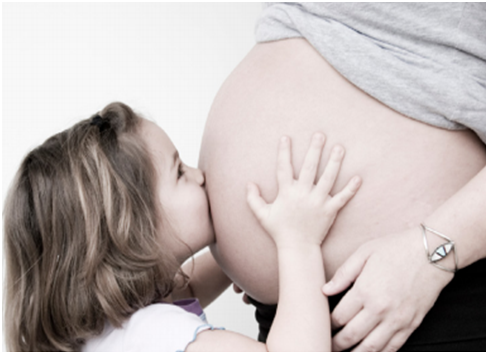Maintaining regular dental care during pregnancy is vital to monitoring pregnant patients for oral health issues and ensuring optimal oral health and controlling oral disease. Dr. Pam Glassby recently wrote a very informative article in the British Columbia Dental Association’s eBridge that discusses some common concerns for both patients and practitioners during pregnancy to which we will summarize here.
COMMON CONCERNS
- Use of radiographs and dental anaesthesia: both are safe to be administered during pregnancy
- Spontaneous miscarriage: there is no evidence linking early spontaneous miscarriage to first trimester dental care or treatment
- Pre-eclampsia: is not a contraindication to dental care
- Periodontal (gum) treatment: the best available evidence to date shows that periodontal treatment is safe for mother and fetus, reduces periodontal pathogens and does not alter rates of preterm birth or result in low birth weight
Prompt treatment of dental caries and periodontal conditions are recommended. The health benefits of required dental care outweigh all the perceived fetal and maternal risks related to prevention, diagnosis and treatment of oral diseases.
CLINICAL PROCEDURES
Emergency dental care should always be provided during pregnancy; however, elective treatment can be deferred until after pregnancy.
These dental procedures can be safely provided during pregnancy:
- Required treatment can occur throughout pregnancy but second trimester is ideal
- Scaling and root planing (dental hygiene visit) to control periodontal disease
- Root canal therapy and tooth extraction
- Diagnostic procedures including dental radiographs
CONSIDERATIONS DURING DENTAL TREATMENT
- avoid early morning appointments if you morning sickness
- take bathroom breaks as needed
- keep head higher than legs and keep legs uncrossed
- use a pillow on the right side of the body for comfort if needed
CONSIDERATIONS FOR PREGNANT PATIENTS
- at least twice a day, brush with fluoride toothpaste and floss
- limit carbohydrate containing food to mealtimes only
- drink water or low-fat milk instead of other drinks like soda, tea, coffee
- eat fruit rather than drinking fruit juice
- use a baking soda rinse for morning sickness or acid reflux
- use a low foaming fluoride toothpaste and a toothbrush with a smaller head if you are experiencing an exaggerated gag relex
If you have any other concerns or questions, please feel free to contact a member of our team at North Delta Dental at reception@northdeltadentist.ca At our Delta/Surrey practice, your comfort and care is of our utmost importance.

Reference: Glassby, Pam Dental Care During Pregnancy is Safe BC Dental Association eBridge 2016